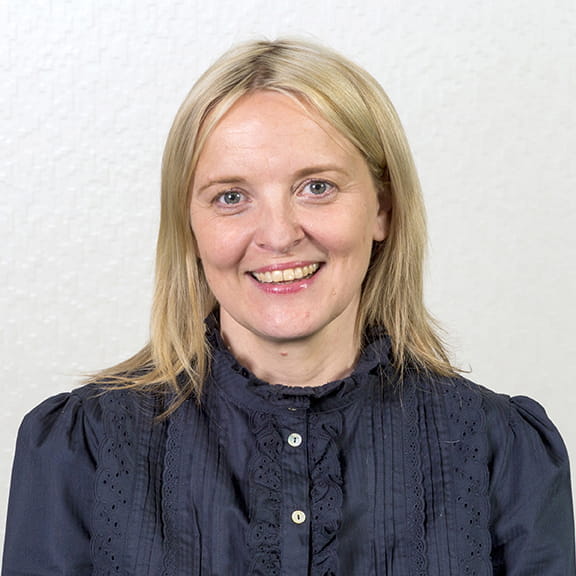These are compensation payments for grief and trauma, paid by the wrong-doer, usually an insurance company. No amount can make up for the death of a loved one, but they are an acknowledgement of loss.
What are the differences in bereavement awards?
These awards are subject to variations across the three nations of the UK, such that it’s a postcode lottery.
In England and Wales, a bereavement award only benefits a very limited number of people. The statutory bereavement award is £15,120 for deaths occurring after 1 May 2020 and £12,980 for deaths occurring before then. This award is pretty low, whereas in Scotland the figure is decided on a case by case basis and there is no fixed amount for awards, although typically the total amount is higher than £15,120 in serious cases. How can that be fair?
There are other inequities between bereavement awards across the UK. For example, if grandparents had brought up a child, they are not eligible for a bereavement award in England and Wales, ditto non-married step-fathers, or the parents of adult children. The only eligible relatives in England and Wales are spouses or civil partners/cohabitees if they lived with the deceased for two years or parents of unmarried children under 18 years old.
This means if a parent in England loses two children in a car accident and one is under 18, the other over 18, then the parents will only recover the award for the child under 18. However in Scotland, where the law recognises the closeness of different family relationships, irrespective of age it would be possible to claim an award for both children.
Our client experience
As a serious injury solicitor based in Shoosmiths’ office in Northampton, I am acting for a family who lost their husband and father in a head-on road accident which was not his fault. Both the son and daughter are over 18 and therefore are not eligible for bereavement awards, unlike their mother. But we believe the adult children have a right to a bereavement award. In this case the adult children were extremely close to their father. The adult children are, however, able to claim for the loss of services their father provided to them.
Need for change?
In April, the Association of Personal Injury Lawyers made a presentation spelling out these difficulties, called Bereavement Damages: A Dis-United Kingdom. It highlighted a Scottish case where a man died after falling in his home which had been fitted with a handrail. It was found that the handrail had been fitted in a ‘wholly inadequate manner.’ Payments were made to his wife, children and four grandchildren.
APIL’s President Sam Elsby said the current system was “rigid, discriminatory, and woefully out of date.”
He continued: “The law in Scotland has no difficulty recognising the closeness between parents, children of all ages, grandparents, siblings and other people who lived with the deceased as part of the family. In the rest of the UK it’s as if many such relationships are not important, or do not even exist.”
A YouGov survey of the public in 2019 found 69% believe England’s statutory £15,200 is too low and at Shoosmiths we agree wholeheartedly with the results and with Mr Elsby’s comments.
In the YouGov survey, 85% of British adults think a father should still receive compensation, even if he was not married to the mother of his child. 73% of British adults think the amount of compensation for grief and trauma should vary according to the circumstances of each case.
In 2019 the UK Parliament’s Joint Committee of Human Rights said there should be a review of the law and I support this. Scottish law should be emulated throughout the UK.
Public opinion clearly agrees the law is outdated. Family dynamics are no longer traditional and nuclear. As adult children tend to remain in the family home well after education has finished, the law should reflect that. In addition, the amounts awarded should match the seriousness of the circumstances of the death. It’s time for change to ensure all bereaved relatives of someone wrongfully killed are supported equally.
Disclaimer
This information is for educational purposes only and does not constitute legal advice. It is recommended that specific professional advice is sought before acting on any of the information given. © Shoosmiths LLP 2025

















